South Sudan: Band of Sisters
With this month marking South Sudan's third anniversary as the world's newest nation, we talk to model NYKHOR PAUL about her campaign to bring peace to the war-ravaged country she once called home
Nykhor Paul, 26, fled the country that is now South Sudan with her uncle in 1998, when she was just 9 years old. She came to the U.S. as a refugee, leaving her parents and eight siblings behind. After decades of civil war, Paul's homeland gained independence from Sudan in July 2011. But the ensuing peace was tragically short-lived. Last December, violence erupted in South Sudan between the country's two largest tribes, the Dinka and the Nuer. Within months, more than a million people lost their homes, and famine engulfed much of the nation. A cease-fire was agreed to in May, but it was broken in a matter of hours, and the situation remains extremely fragile. U.S. Secretary of State John Kerry has warned of possible genocide there if fighting continues.
Shortly after war broke out, the New York–based Paul, a member of the Nuer tribe, founded the group We Are Nilotic, referring to the South Sudanese as all one people "of the Nile." Using social media, photo exhibits, and film, she is bringing together women from the nation's estimated 64 tribes to promote peace and end ethnic rivalries.
MARIE CLAIRE: What motivated you to start We Are Nilotic?
NYKHOR PAUL: Seeing the fighting on the news was heartbreaking because it brought back memories of my childhood. I lived in a refugee camp for three years, so I know what it is like to have no food and no security, and to feel like you could die at any moment.
MC: How is your family?
NP: Most of them are safe in a camp in Ethiopia. I was mostly worried about my brother, who had left the camp to find a job in South Sudan's capital, Juba. I was working at the couture shows in February when I got a call from a relative saying he had been shot and killed while trying to run away from the fighting. He was only 18. I was devastated but realized I had to try to help others facing the same appalling dangers.
MC: How did you start the campaign?
NP: I reached out to other South Sudanese women I knew and said to them, "We must do something to save our country." I felt that if we joined together as sisters from all the different tribes, maybe that could help bring an end to the feuding.
MC: What do you hope to achieve?
NP: It's the same as when I was a child—civilians are caught in the middle. We want the international community to make sure women and children are taken away from the violence and that they have food and medicine. Right now, thousands of people are dying because of the shortages.
MC: As a South Sudanese woman, how hard is it to speak out?
NP: It's very difficult. I come from a society where women don't have many rights. Men think we should stay out of politics. Most girls are married off at 12 or 14. I was supposed to have an arranged marriage, too, but was lucky to escape. That's why I feel I have to use my privileged position to be a voice for other women in my country. At the end of the day, I am still a refugee girl with a refugee family trapped in this horrific situation. I have to do everything I can to help.
Stay In The Know
Get exclusive access to fashion and beauty trends, hot-off-the-press celebrity news, and more.
Related:
10 Countries Where It's the Worst to Be a Woman
The Rise of Women Entrepreneurs in the Middle East
-
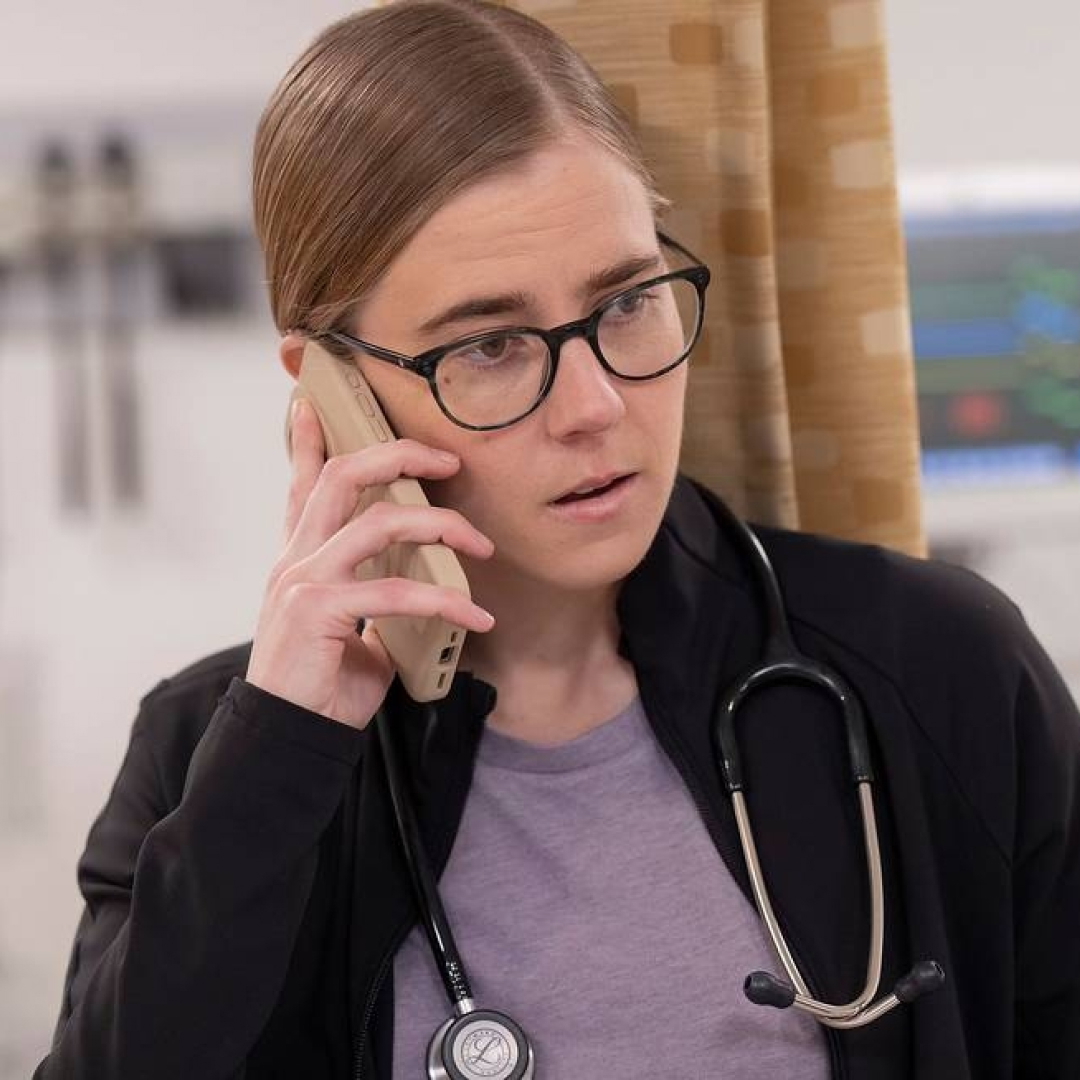 'The Pitt' Star Taylor Dearden Says She Sees Her and Dr. Mel's Neurodivergence as "a Superpower"
'The Pitt' Star Taylor Dearden Says She Sees Her and Dr. Mel's Neurodivergence as "a Superpower"Here's what to know about the Max series's breakout star, who just so happens to come from TV royalty.
By Quinci LeGardye Published
-
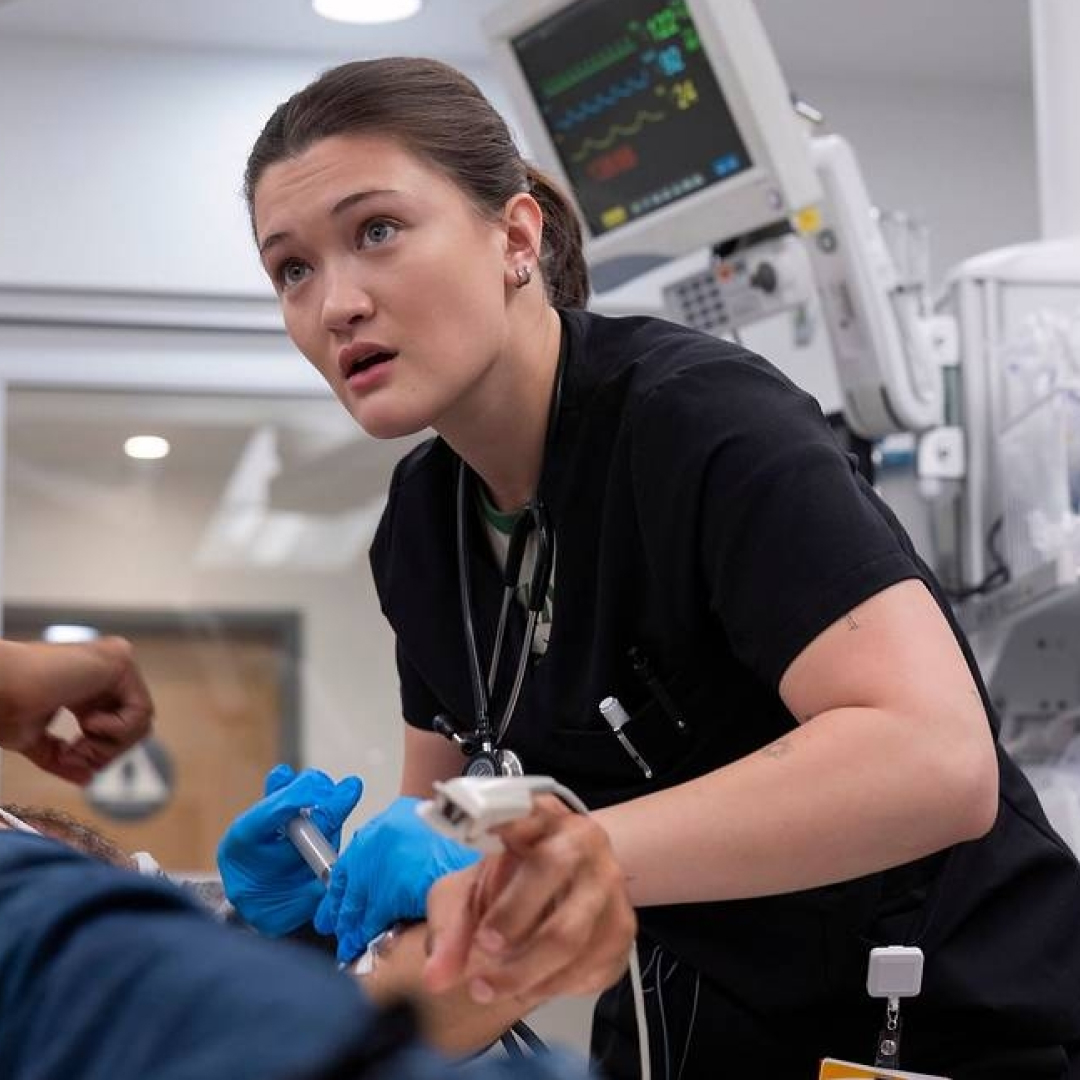 We Owe Trinity Santos From 'The Pitt' an Apology
We Owe Trinity Santos From 'The Pitt' an ApologyThe season finale of the smash Max series proved that the most unlikable character on TV may just be the hero we all need.
By Jessica Toomer Published
-
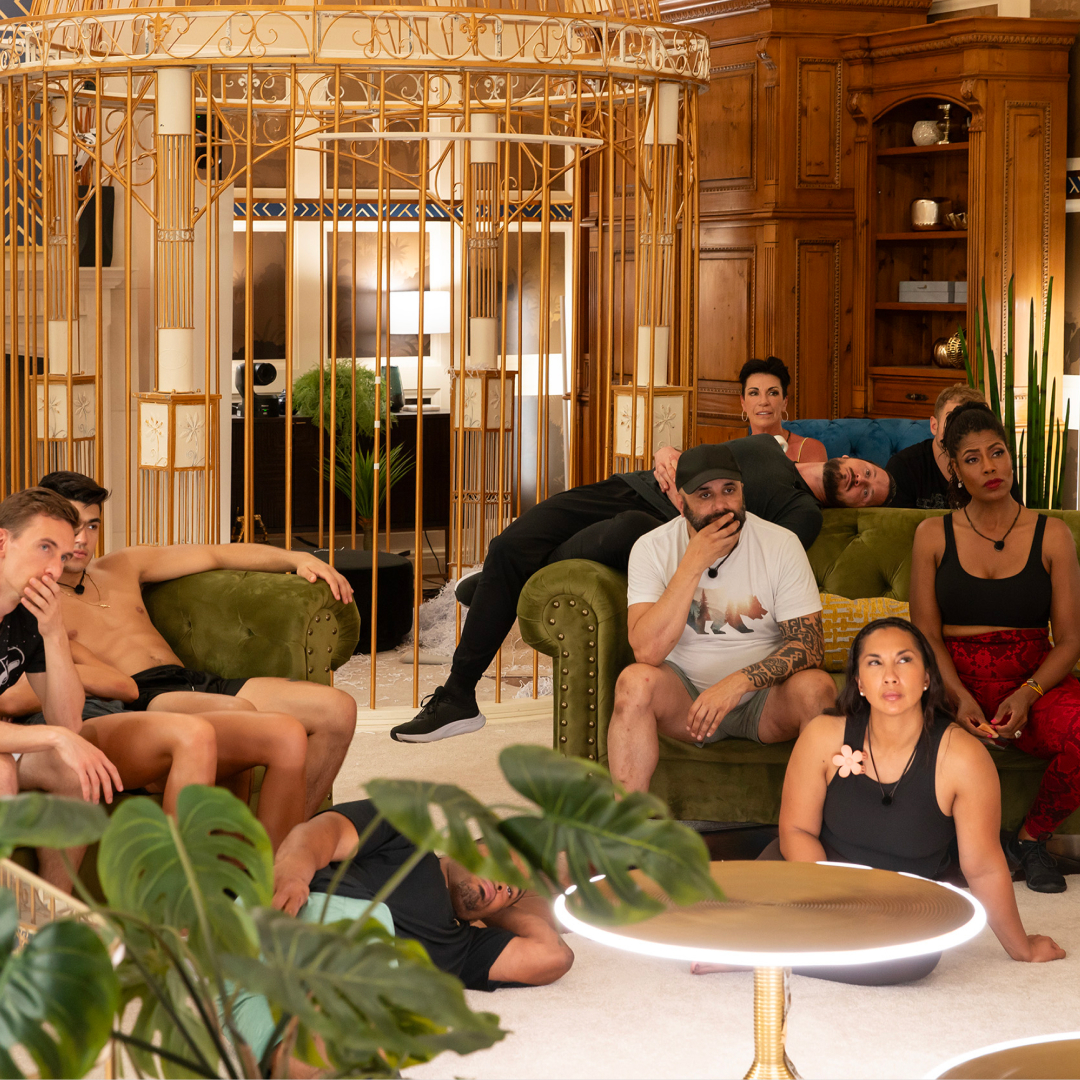 Your Guide to the Cast of 'Got to Get Out,' Which Pits Reality TV Alums Against Each Other for a Chance at $1 Million
Your Guide to the Cast of 'Got to Get Out,' Which Pits Reality TV Alums Against Each Other for a Chance at $1 MillionHulu's answer to 'The Traitors' is here.
By Quinci LeGardye Published
-
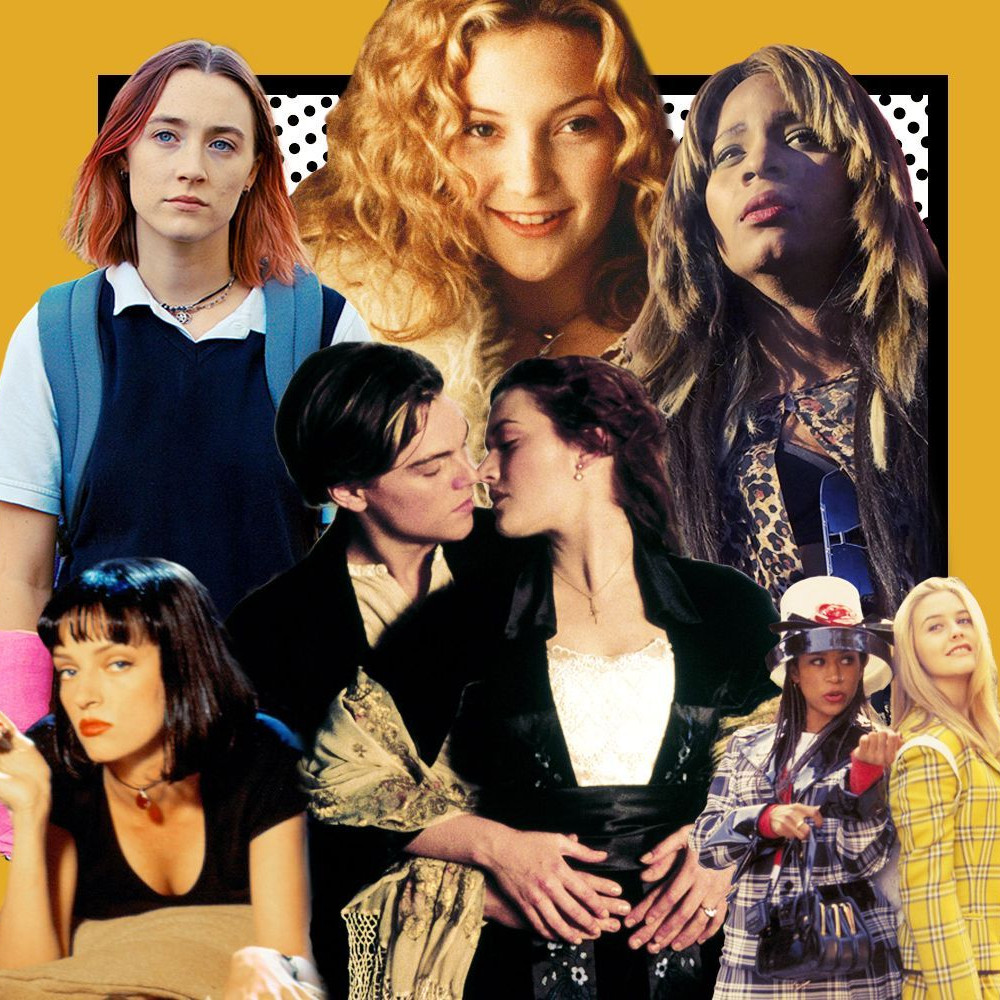 The 100 Best Movies of All Time: The Ultimate Must-Watch Films
The 100 Best Movies of All Time: The Ultimate Must-Watch FilmsWe consider these essential viewing.
By Quinci LeGardye Last updated
-
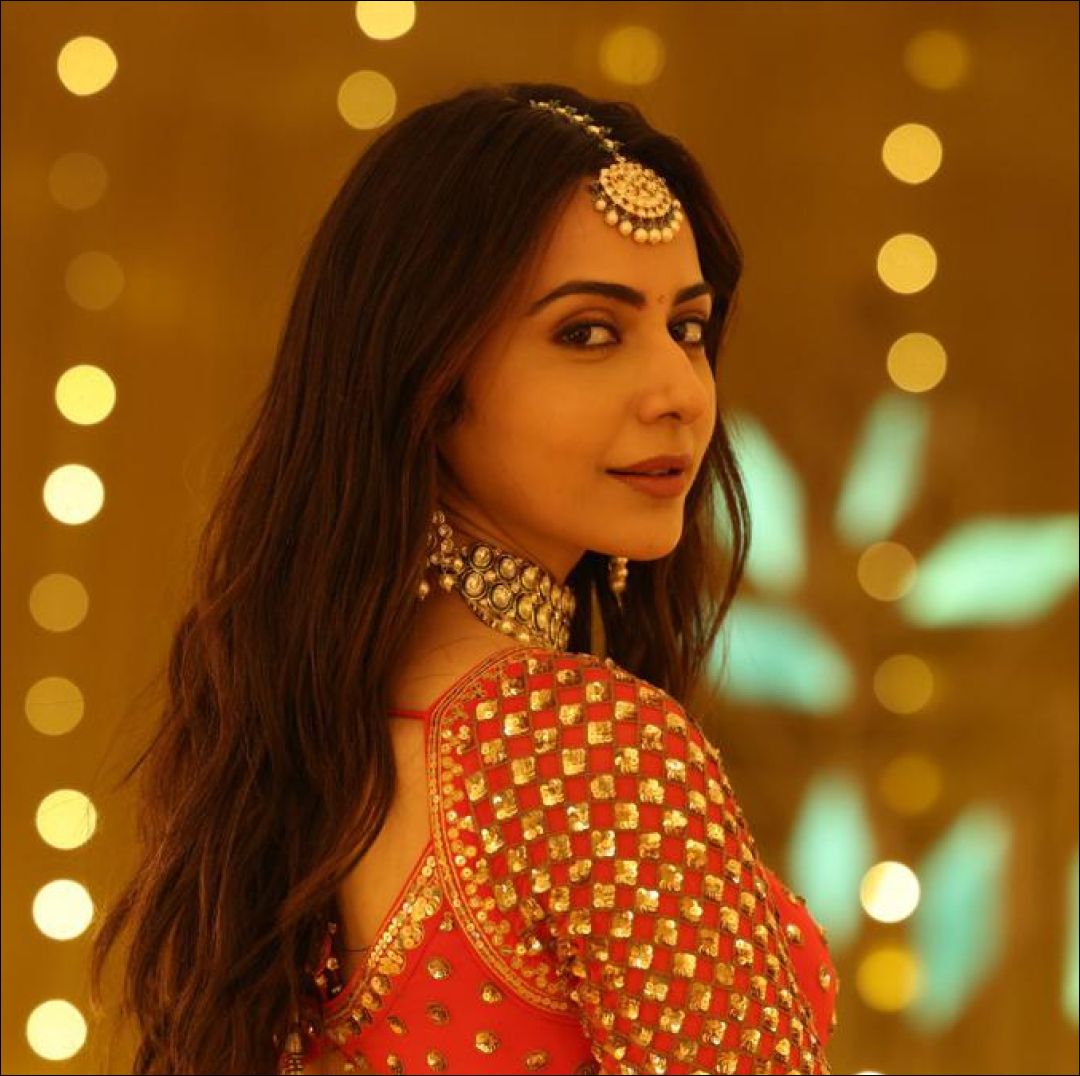 The Best Bollywood Movies of 2023 (So Far)
The Best Bollywood Movies of 2023 (So Far)Including one that just might fill the Riverdale-shaped hole in your heart.
By Andrea Park Published
-
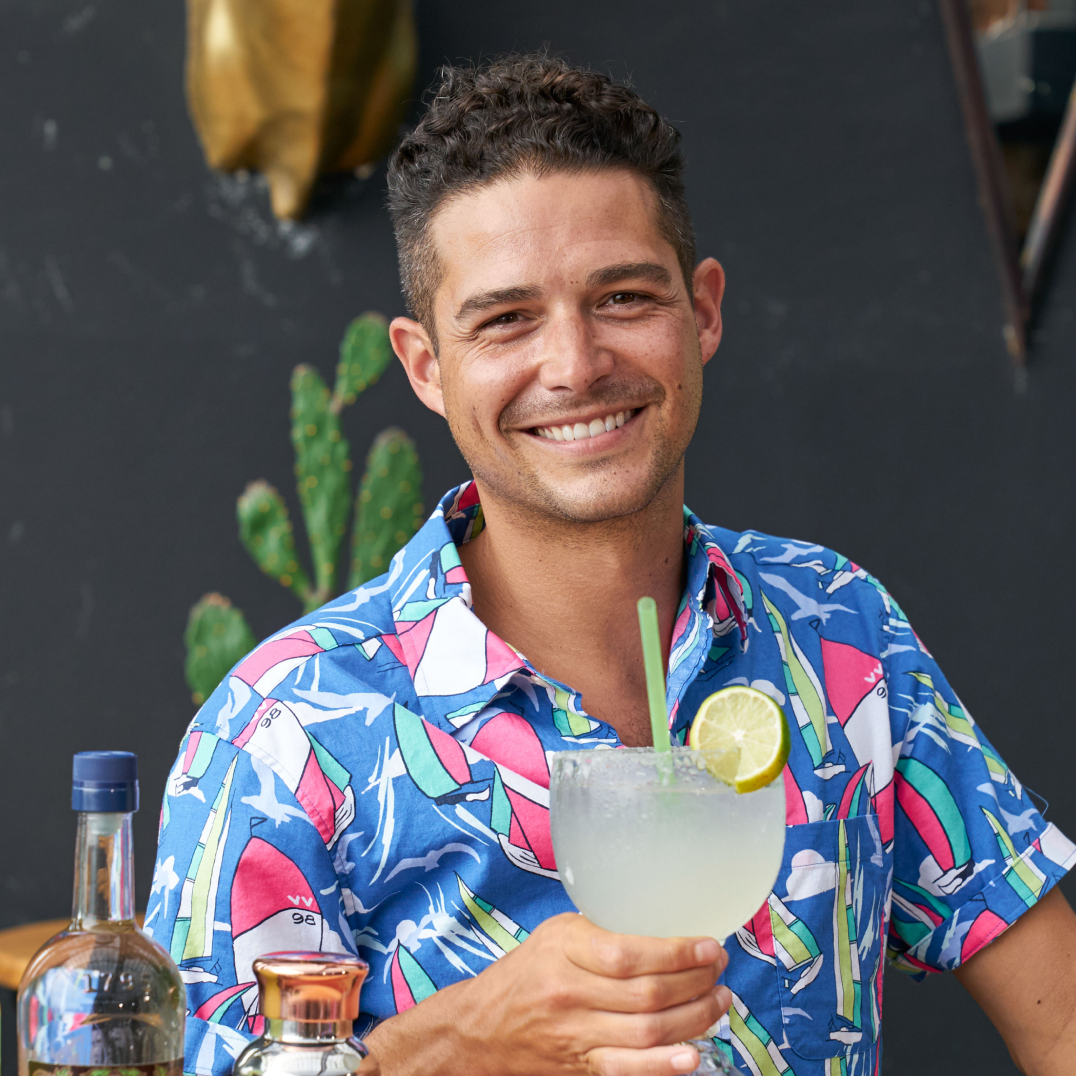 ‘Bachelor in Paradise’ 2023: Everything We Know
‘Bachelor in Paradise’ 2023: Everything We KnowCue up Mike Reno and Ann Wilson’s \201cAlmost Paradise."
By Andrea Park Last updated
-
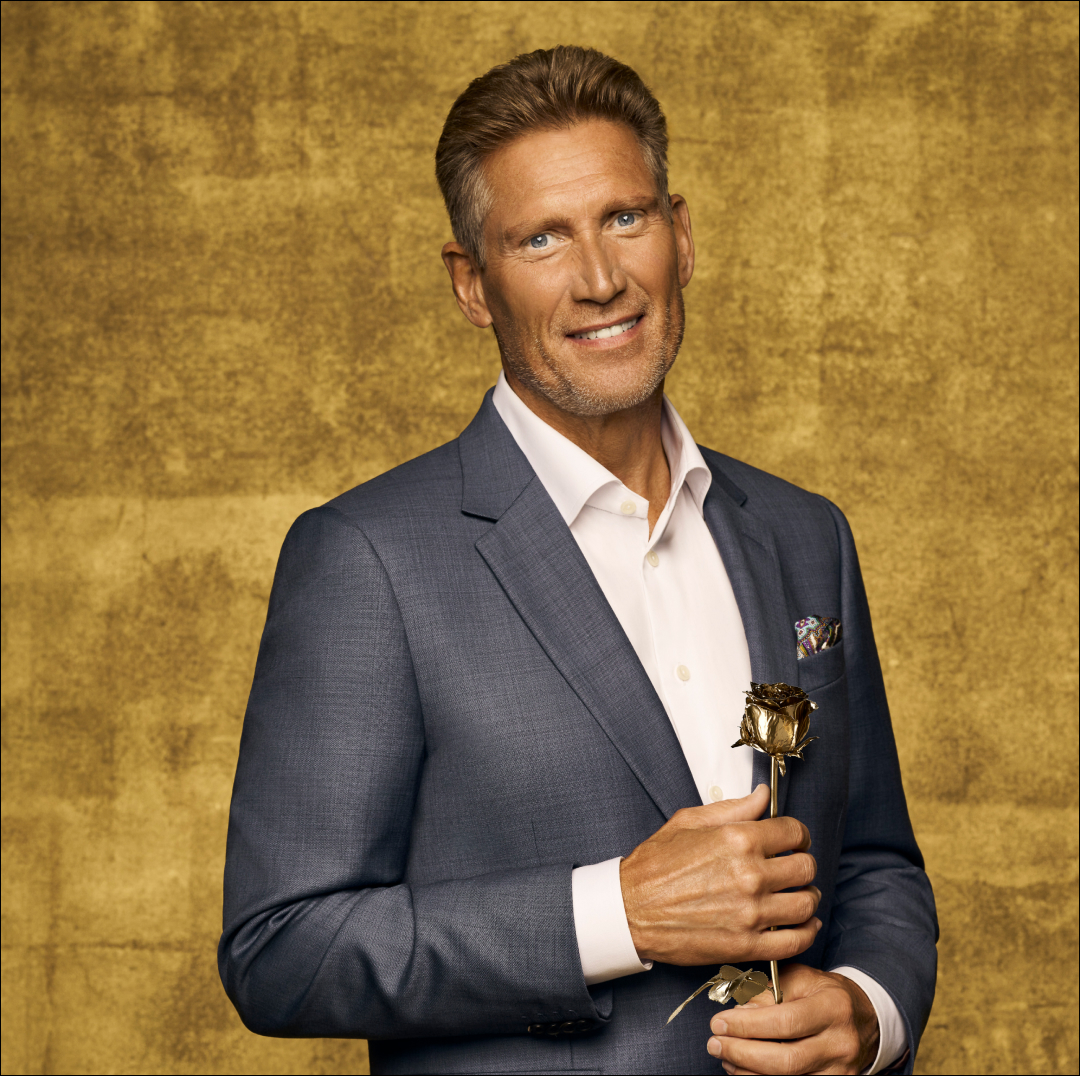 Who Is Gerry Turner, the ‘Golden Bachelor’?
Who Is Gerry Turner, the ‘Golden Bachelor’?The Indiana native is the first senior citizen to join Bachelor Nation.
By Andrea Park Last updated
-
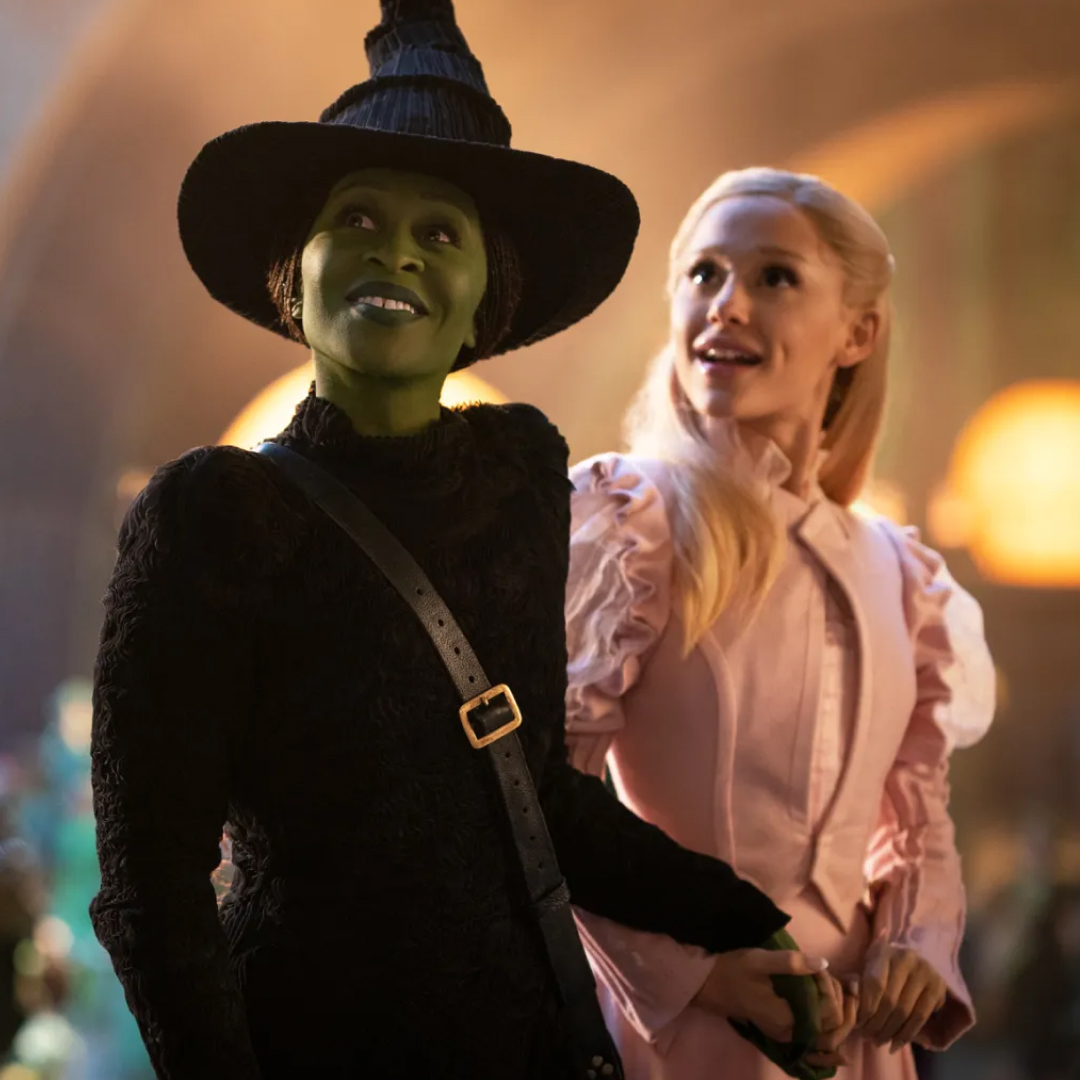 The 50 Best Movie Musicals of All Time
The 50 Best Movie Musicals of All TimeAll the dance numbers! All the show tunes!
By Amanda Mitchell Last updated
-
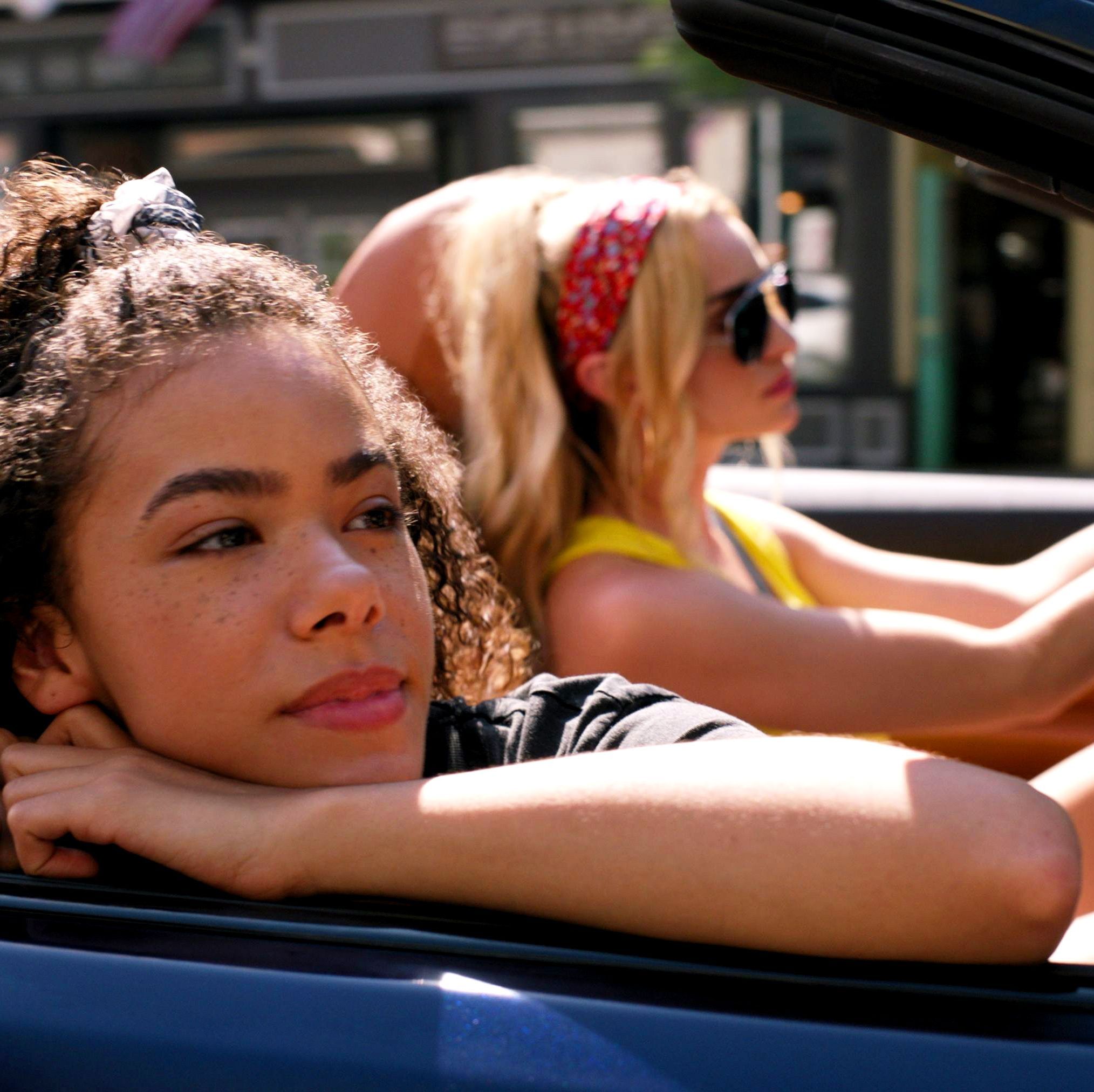 'Ginny & Georgia' Season 2: Everything We Know
'Ginny & Georgia' Season 2: Everything We KnowNetflix owes us answers after that ending.
By Zoe Guy Last updated
-
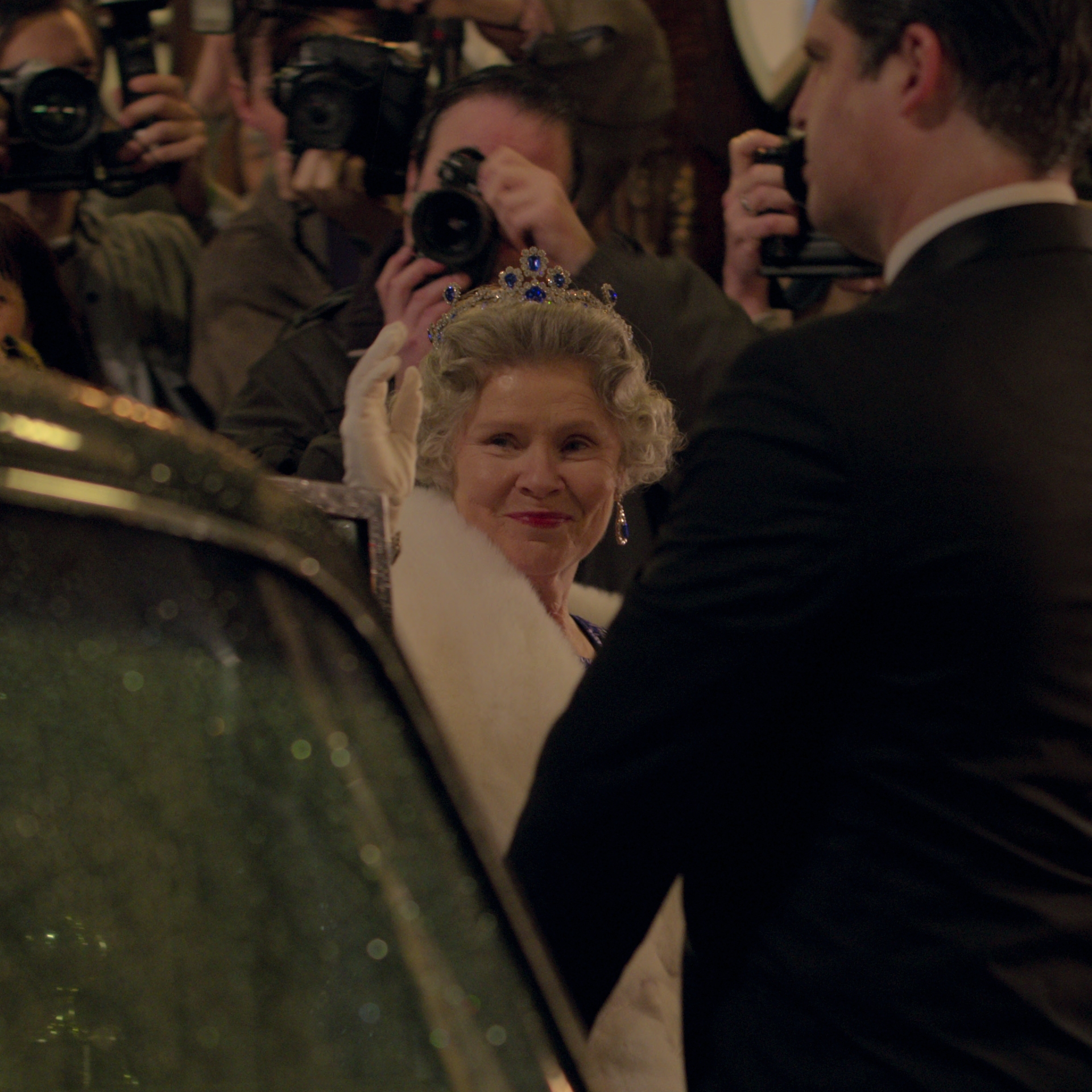 The Cast of 'The Crown' Season 5: Your Guide
The Cast of 'The Crown' Season 5: Your GuideFeatures The Mountbatten-Windsors have been recast—again.
By Andrea Park Published
-
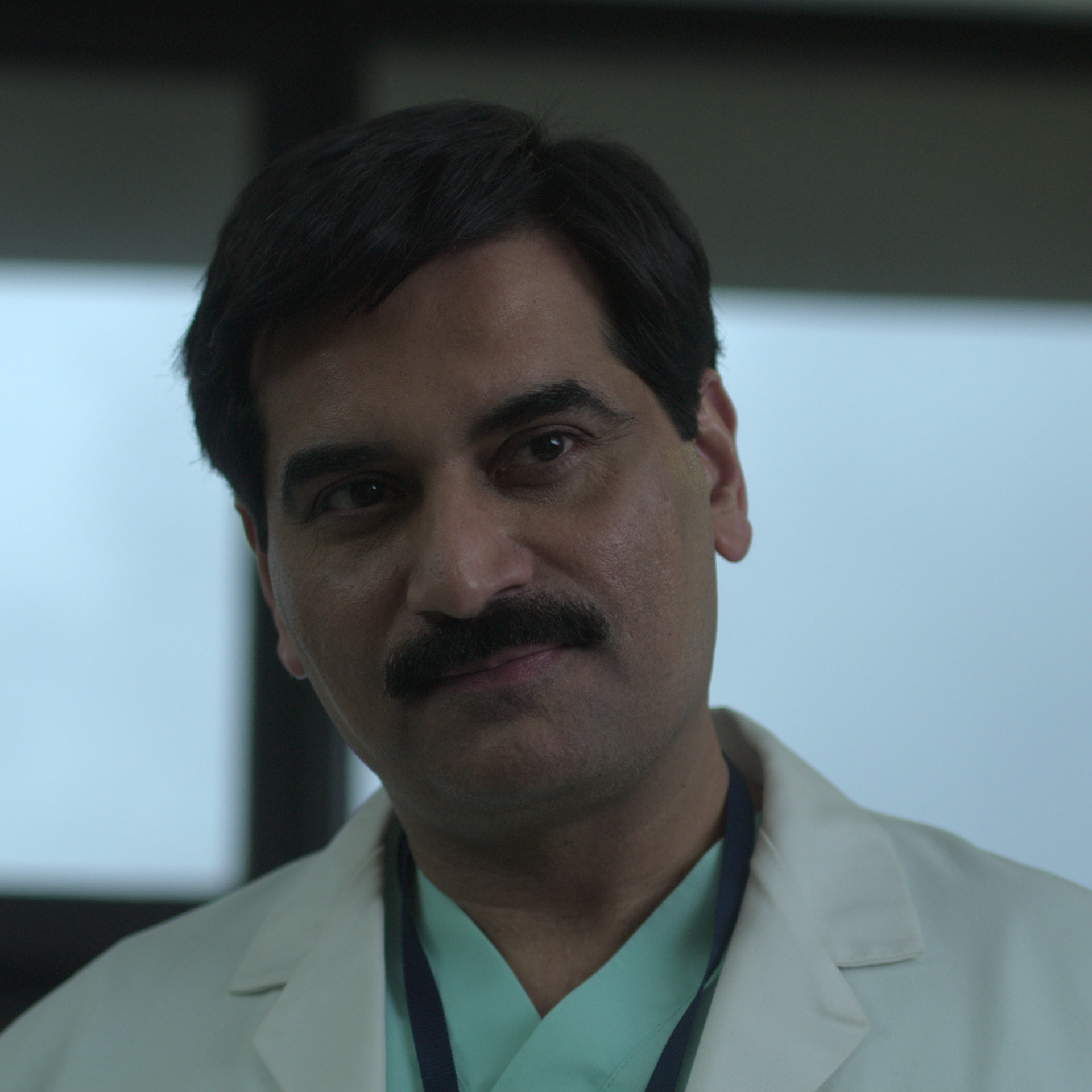 Who Is Hasnat Khan, Princess Diana’s Boyfriend on Season 5 of ‘The Crown’?
Who Is Hasnat Khan, Princess Diana’s Boyfriend on Season 5 of ‘The Crown’?Features Di’s friends have said she referred to the doctor as \201cthe love of her life.\201d
By Andrea Park Published